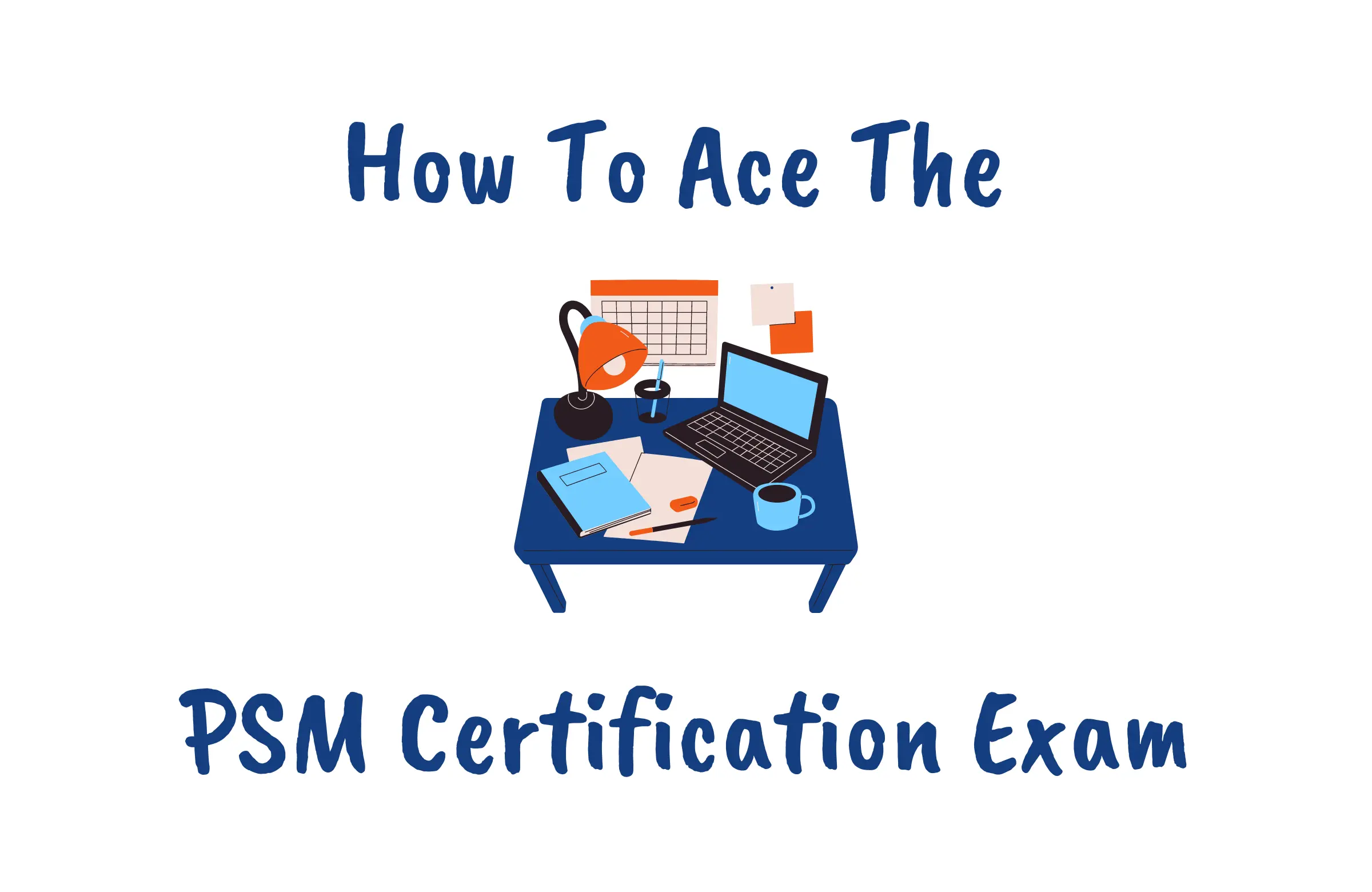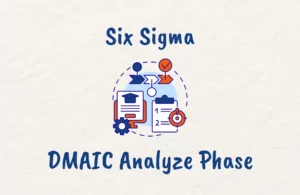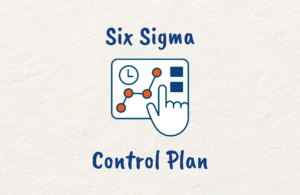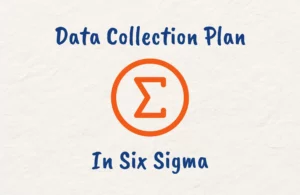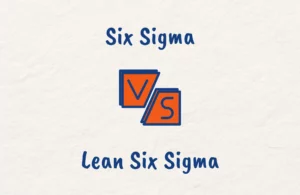As an experienced or aspiring project manager, having a knowledge of Agile methodologies especially Scrum is key in helping you grow in your career, make a bigger impact in your organization, and increase your salary earning potential.
The Professional Scrum Master 1 (PSM1) certification provides you with a Scrum Master certification that can be used as a stepping stone to land other rules as a Scrum Master or other project manager roles dealing with the Agile framework.
It’s a great way to showcase your knowledge of Scrum and be qualified for other opportunities in project management especially if it involves the application of the Scrum framework and leading Agile projects.
In this post, I’m going to share with you the steps that I took to pass my own PSM1 certification exam in five days. If you ardently follow these study tips, then you can be sure of passing your PSM1 certification exam in one sitting.
What is the PSM1 Certification?
The Professional Scrum Master™ I (PSM I) Certification is an assessment provided by Scrum.org to validate your expertise in the Scrum framework, the accountabilities of a Scrum Master, and your ability to apply it to solve complex problems.
Specifically, the PSM I certification exam tests your fundamental comprehension of Agile principles along with Scrum values, theory, practices, and applications as outlined in the official Scrum Guide.
It is one of the most widely recognized and in-demand certifications for working professionals seeking to advance their Scrum Master careers globally.
Earning the challenging PSM I credential shows you have achieved a fundamental level of Scrum mastery and can effectively fulfill the Scrum Master role to guide teams in delivering complex products using Scrum.
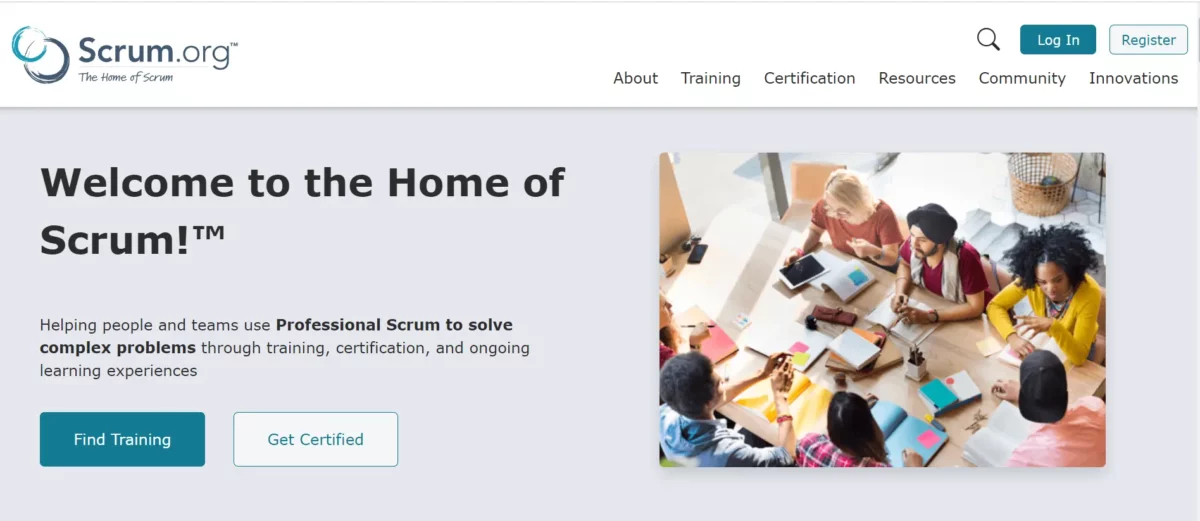
PSM I Exam Overview
PSM I Exam Format
The PSM I exam contains 80 multiple choice questions and is administered online non-proctored. The question format is multiple choice, multiple answers, and true/false.
You have 60 minutes to complete the exam and must score at least 85% to pass which translates to at least 68 questions answered correctly.
Currently, the PSM I test is only available in English. However, a lot of people have successfully used the Google Translate Plugin to take the test in their native language so you can give it a try if you are not confident enough in the use of English.
PSM I Exam Content
The exam focuses on assessing your fundamental knowledge of Scrum principles, the Scrum framework, and the Scrum Guide.
The questions test your understanding of Scrum roles like the Scrum Master and Product Owner, Scrum events like Sprint Planning and Daily Standups, and artifacts like the Product Backlog.
You will also be tested on key skills like facilitating teams, removing impediments, enabling collaboration, and coaching self-organization. Know the Scrum values and how to apply Scrum in real-world scenarios.
PSM1 Certification Cost
From November 1st, 2023 to the present, the cost of the PSM I test is $200 for each attempt. This fee grants you access to take the PSM I assessment one time.
If you do not pass on the first attempt, you will need to pay the fee again to retake the exam.
The $200 covers your exam registration and provides access to take the online non-proctored assessment. No other materials or courses are included in this price.
How to Register for the PSM I Certification Exam
To register for the PSM I exam with Scrum.org, you are to go to their store and buy it. This direct link takes you there.

Requirements for Taking the PSM1 Exam
To take the PSM1 exam, no specific work experience is needed, but a comprehensive understanding of Scrum principles and Scrum theory is essential.
Although not mandatory, it’s highly recommended to complete a Scrum.org Professional Scrum Master course if you are not previously conversant with project management, Agile, and Scrum.
PSM I Key Topic Areas
These are the primary subject areas that are the core of the content covered on the PSM I exam:
1. Scrum Theory and Principles
Have a strong grasp of empirical process control, Scrum values, and the pillars of transparency, inspection, and adaptation.
Know how Scrum helps teams manage complexity and empirically build, inspect, and adapt both products and processes.
2. Scrum Framework
Understand the Scrum workflow, including how Sprints provide timeboxes for focused effort. Study the various team accountabilities, Scrum events, and Scrum artifacts that make up the Scrum framework.
Know which activities occur in each event and the purpose they serve.
3. Coaching and Mentoring
Know techniques for coaching teams to higher maturity and mentoring them through challenges. Learn how the Scrum Master helps teams understand theory, enforce processes, resolve impediments, and achieve high performance.
4. Facilitation and Leadership
Be able to apply facilitation strategies like actively listening, asking powerful questions, and fostering engagement. Understand Scrum Master leadership tactics for motivation, influence, and servant leadership.
5. Cross-functional and Self-Managing Teams
Know how cross-functional teams with all required skills can maximize flexibility, synergy, and productivity. Grasp how to develop self-managing teams that take accountability for accomplishing goals without micromanagement.
6. Leadership Styles
Study a broad range of leadership approaches like transformational, situational, and adaptive leadership. Understand the benefits and pitfalls of top-down vs bottom-up management.
7. Managing Products with Agility
Learn techniques for agile product management and maximizing ROI. Know metrics to track like business value, time-to-market, and defect rates. Understand advocating for team needs to stakeholders.
With mastery of these areas, you will be well-prepared across the diverse topics covered on the PSM I exam.
PSM1 Certification Exam Preparation Strategy
Succeeding on the PSM I exam requires diligent preparation. Follow these best practices to give yourself the best chance of passing on your first try.
1. Thoroughly Read the Scrum Guide
The Scrum Guide is the most important resource for the exam. However, a lot of people tend to underrate it as it is just about 10 pages. Do not make that mistake.
Read it carefully multiple times to ensure you understand the elements of Scrum theory, values, practices, artifacts, and roles.
Know the purpose and timeboxes of key ceremonies like Sprint Planning, Daily Scrum, Sprint Review, and Sprint Retrospective.
I recommend you read the Scrum Guide at least once every single day leading up to your exam day and re-read any unclear sections.
2. Master Scrum Fundamentals
Since the PSM I exam focuses on testing foundational knowledge, spend time mastering the core principles of Scrum.
Knowing the elements of empirical process control and Scrum theory inside and out, and understanding the “why” behind Scrum practices is crucial.
3. Study the Glossary and Learning Path
Scrum.org provides helpful free resources including the Scrum Glossary and Scrum Master Learning Path. Study these to build your understanding of key Scrum terminology and framework concepts.
4. Take Practice Tests
One of the best ways to prepare is by taking timed practice tests. Resources like the Scrum Open assessments allow you to gauge your knowledge.
Work through tests focusing on your weaker areas, and review the explanations for any incorrect answers until you can consistently score over 95%.
Do not limit yourself to just the open assessments for the Professional Scrum Master. Go further and take assessments for the Profession Scrum Product Owner (PSPO) to have a holistic understanding of the Scrum framework.
5. Learn from the Community
Connect with the Scrum community online and in person. Attend local Scrum Meetups and conferences. Participate in forums and groups to gain insights from professionals in the field.
Learning from others’ diverse experiences will round out your perspective.
6. Avoid Information Overload
It’s easy to get overwhelmed with the wealth of Scrum information available. Stick to the Scrum Guide and official resources to avoid confusion.
With diligent preparation using resources like these, you can enter your PSM I exam with confidence. Methodically work on your areas of weakness and validate your readiness through extensive practice testing.

PSM I Exam Tips
When taking your PSM I exam, use these tips to maximize performance:
- Pace yourself since you only have 60 minutes for 80 questions. Avoid getting bogged down on any single tough question.
- Read carefully – don’t skim or make assumptions. Analyze each question methodically before selecting an answer.
- Watch for negatives like “which is NOT” or “except”. It’s easy to miss crucial words like these under pressure.
- Manage time by immediately flagging challenging questions to revisit later. Come back to them if there’s time remaining.
- Guess intelligently on unknowns by eliminating wrong answers. Educated guesses are better than leaving questions blank as there is no penalty for wrong answers.
- Check for multiple answers where required. For these questions, multiple checkboxes will be present instead of radio buttons.
- Stay focused and don’t panic if you hit a few tough questions in a row. Take a deep breath and continue moving forward.
- Avoid rabbit holes by limiting time spent searching memory or guessing at answers. If unsure, take your best guess and keep going.
- Review flagged questions at the end to improve your odds. But don’t second guess your initial instinct without a compelling reason.
- Understanding the Agile Manifesto and the key principles of Agile. This will help you master Scrum even better
With practice tests, you can refine these test-taking strategies. Stay confident, focused, and calm on exam day to achieve PSM certification success.
PSM1 Certification Validity
The PSM I credential does not expire and has no renewal requirements. Once you pass the exam and achieve the certification, it is valid for your lifetime without needing to recertify.
This is one of the key differences between the Certified Scrum Master (CSM) and PSM.
You can proudly list PSM I as a professional credential on your resume throughout your career. The knowledge validated by the certification remains relevant even as Scrum evolves.
Although your foundational PSM 1 certification designation will always remain valid., it is still recommended to actively maintain and expand your Scrum knowledge through continual learning, taking more advanced PSM assessments, and real-world practice.
PSM1 Certification Benefits
Earning your PSM1 certification can significantly advance your Scrum Master career and open new opportunities. Key benefits include:
- Career Development: The PSM I validates your Scrum knowledge and skills. This credentialling can make you more competitive for Scrum Master jobs or promotions.
- Improved Salary Potential: Companies value PSM-certified professionals. This credential can directly translate into higher earning potential.
- Industry Recognition: Hiring managers worldwide recognize PSM1 as the leading certification for Scrum Masters. It is seen as proof of your Scrum expertise.
- Scrum Mastery: Preparing for the tough PSM exam leads to greater Scrum understanding you can apply on the job.
- Differentiation: The rigorous PSM stands apart from easier Scrum certifications that require less knowledge and Scrum proficiency.
- Lifelong Designation: The PSM credential does not expire, so it remains an asset for your resume throughout your career.
- Improved Performance: Applying your expanded Scrum knowledge typically translates into higher team productivity and effectiveness.

Next Steps After Getting PSM1 Certification
Once you earn your PSM1 credential, consider these next steps:
- Pursue advanced PSM certifications like PSM II and PSM III to validate additional skills.
- Continue lifelong learning about Scrum through training, books, events, and practicing real-world applications.
- Actively apply your expanded expertise within your company to improve team and project outcomes.
- Consider coaching others preparing for PSM certification by sharing your tips and experience.
- Become more active in the Scrum community by engaging with groups locally and online.
Leverage your PSM1 accomplishment as a springboard for ongoing Scrum mastery, career development, and leadership in the field.
Conclusion
Earning your Professional Scrum Master (PSM) certification validates your expertise and can elevate your Scrum Master career. But first, you must pass the challenging PSM I exam.
Diligent preparation using these preparation strategies and exam tips for studying will help you demonstrate your Scrum knowledge on exam day.
Understand the core principles, high-value resources to leverage, and proven test-taking strategies. With focus and effort, you can achieve success, proving your competency as a Scrum Master.
Now is the time to take that next step for your skills and career by pursuing your PSM1 certification today.
FAQs
Is PSM1 Certification Worth it?
Absolutely, the PSM1 certification is worth it in my opinion. It validates your Scrum knowledge, enhances your project management skills, and increases your attractiveness to employers in agile work environments.
Obtaining this certification can significantly boost your career in Scrum and Agile methodologies.
Is PSM1 Certification Open Book?
Yes, the PSM1 certification exam is open book. You’re allowed to use the Scrum Guide and other resources during the test.
However, the exam questions require an in-depth understanding of Scrum principles and theory, thus making mere references insufficient for success.
Does PSM1 Certification Expire?
No, the PSM1 certification does not expire. Once you’ve earned this certification, it’s valid indefinitely. This permanent validity underscores the robust understanding of Scrum principles and Scrum theory that the PSM1 certification represents.

